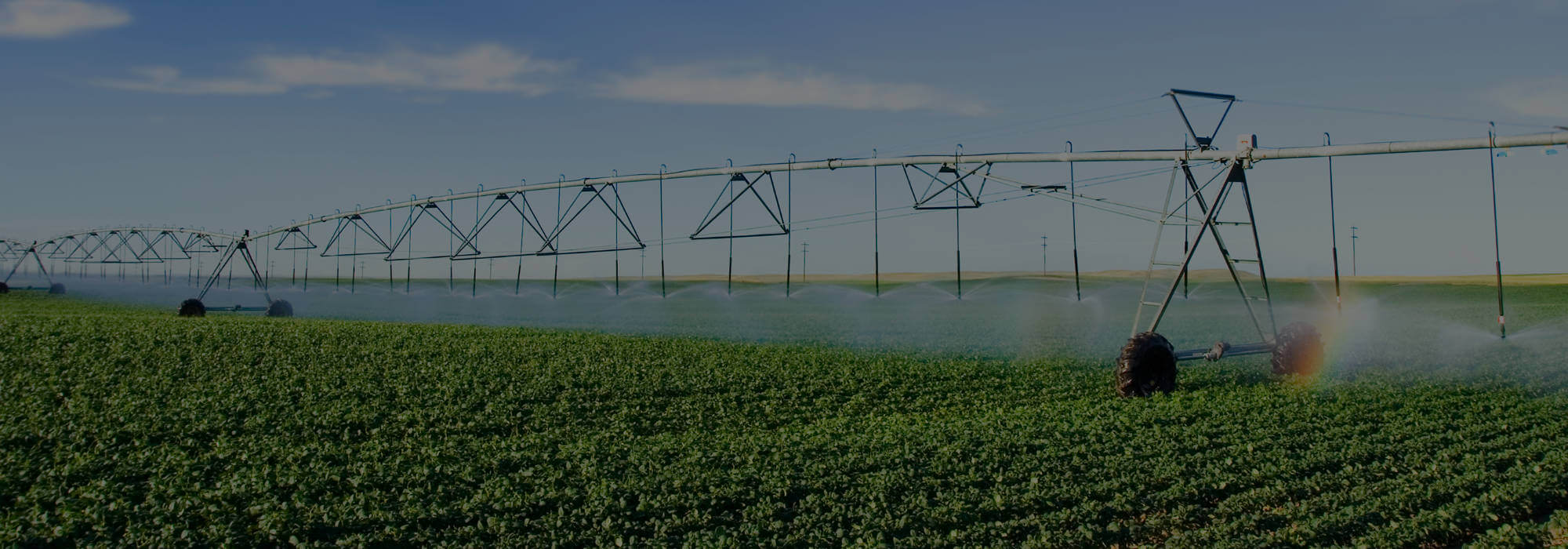13 Feb Legislative Update 2.13.23
Federal
The 118th Congress began its session on January 3, 2023. CBDL is tracking four major actions in this Congress—a new Farm Bill, fiscal year 2024 appropriations, and the federal debt ceiling.
Every five years, Congress passes legislation known as the “Farm Bill” that affects agriculture, conservation, forestry and nutrition. The last Farm Bill was passed in 2018; a new Farm Bill must be passed by the end of September.
The process in preparation for a new Farm Bill begins with Congressional listening sessions and hearings on changes needed to the existing legislation. On February 1, 2023, the Senate Committee on Agriculture, Nutrition and Forestry conducted a hearing to review the Trade and Horticulture provisions in the Farm Bill. An additional Senate Committee hearing was held on February 9 to review commodity programs, crop insurance and credit. A hearing on nutrition provisions is scheduled for February 16. The House Agriculture Committee conducted an organizational meeting on February 8, 2023.
Every year, Congress must pass 12 appropriations bills to fund the federal government, including the programs authorized by the Farm Bill. The appropriations process kicks off with the release of the President’s Budget which provides the administration’s requests to Congress for agency and program funding during the next fiscal year—fiscal year 2024, which begins on October 1, 2023. The President’s Budget, which is supposed to be sent to Congress on the first Monday in February, has been delayed until March 9.
After the President’s Budget is released, the House and Senate Appropriations Committees will begin their work on the 12 appropriations bills. The Senate Appropriations Committee is now chaired by Sen. Patty Murray, WA.
On January 19, 2023, the federal government reached the national debt ceiling. The debt ceiling is a limit on the amount that the federal government is authorized to borrow to meet existing obligations, which include payments for Social Security and Medicare, salaries for military troops and federal workers, payments to federal contractors and to federal bond holders. The Treasury has begun using what it terms “extraordinary measures” to meet daily federal obligations. The Treasury expects these measures to be exhausted in early June. A February 1 meeting between the President and Speaker of the House to discuss the debt ceiling did not result in agreement for a way forward on this issue.
If Congress does not raise the debt ceiling before the “extraordinary measures” are exhausted, then Treasury will be forced to default on some payments for existing obligations. A default could affect payments for federal contractors, federal workers and military troops. Since roughly 30% of federal obligations are for Social Security and Medicare, a federal default may also delay or reduce these payments.
The process for Earmarks, known as Congressionally Directed Spending in the Senate and Community Project Funding in the House, is just beginning. Senator Murray recently announced her office has opened its application process for a limited time this month. The League is currently working with Adams and Grant Counties, congressional offices, state legislators, and other stakeholders to secure funding for Odessa Ground Water Replacement Program (OGWRP) bridges through this funding opportunity.
State
The 2023 session of the Washington State Legislature is underway through April 23. The League is tracking the capital budget for Ecology’s Office of the Columbia River which includes funding for OGWRP and the Columbia Basin Project. The League is also exploring other funding opportunities for related projects.
